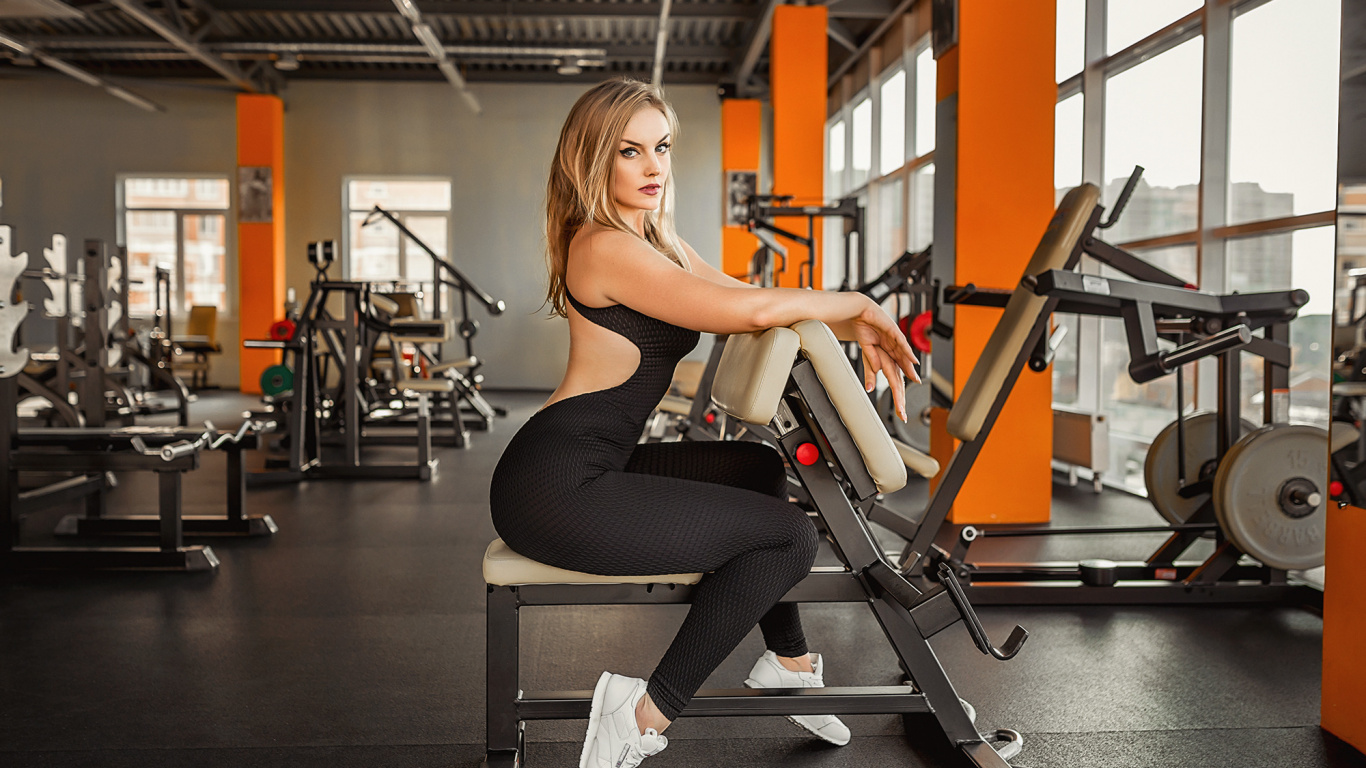The Five Elements of Fitness
If you work out regularly, it’s easy to fall into the habit of doing the same set of exercises every time. This might make your workouts feel more comfortable. But this comfort comes at a cost.
When you perform the same exercises repeatedly, they become easier over time. In fact, your body’s nervous system, muscles, and other physiological systems can adapt to a workout routine in as little as six to eight weeks. Eventually, your workouts won’t offer you much of a challenge. If you don’t change up your routine, your fitness level will plateau.
To maintain a healthy and challenging exercise regimen, it’s important to diversify your workouts with a variety of activities. Make sure you cover the five main elements of anytime fitness: aerobic exercise, strength training, core exercises, balance training, and stretching.
Aerobic Exercise
When you think about working out, aerobic or cardiovascular exercise may be what first comes to mind. It includes any type of endurance activity that increases your heart rate for a prolonged period of time, causes you to breathe faster, maximizes the oxygen level in your blood, and uses your large muscle groups.
There are many types of aerobic exercise to choose from, including walking, jogging, biking, swimming, aerobics, dancing, skipping, and more. For the best results, include a variety of aerobic exercises in your routine, and change it up from time to time. If you always complete the same workout in the same way, you may reach a crunch fitness plateau in two months or less.
To avoid this issue, vary your chosen exercises, as well as the pace, distance, and intensity of your workouts. For example, instead of doing the same 2-mile walk every day, try one or two minutes of jogging mixed into your walk time on some days until you can run the whole 2 miles. Then add a session of biking to your schedule or switch to swimming for a week. You can also alternate easy days with hard days to vary the effort you put into exercising.
Strength Training
When it comes to strength training, it’s harder to build muscle if you don’t add variety. Strength-training resistance exercises use a stimulus, such as a weight, to give your muscles something to work against. Over time, your muscles adapt to that stimulus. To continue to strengthen your muscles, you need to introduce stimuli that are progressively more challenging. For example, you need to use progressively heavier weights or resistance bands.
Adding variety to your strength training workouts is also important. Try to incorporate different types of exercises and resistance into your routine. For example, use resistance machines at your gym, free or handheld weights, or resistance bands. You can also do pushups, pullups, situps, and other activities that require you to lift your own body weight.
Core Exercises
You may not be getting a balanced workout if you focus on aerobic exercise and strength training that targets your arms and legs alone. Core exercises work the muscles in your stomach, pelvis, and lower back. They’re also crucial to good lifetime fitness.
To keep your core muscles strong, it’s important to vary your workouts, just as you do with other types of training. Consider trying planks, crunches, or situps. Take a yoga or Pilates class. Or use weight machines that target your core muscles. You might also enjoy using a fitness ball to take your core work to a new level.
Balance Training
Balance is a component of fitness that many people overlook. As you age, proper balance becomes increasingly important to a well-rounded fitness program. Without good balance, you’re more likely to fall or become injured, which could put all of your other exercise plans on hold.
You can practice a number of activities to improve your balance. Yoga is a popular option. Taking a yoga class is a great way to work out in a group setting, but it’s also possible to practice yoga and other balance activities on your own. Even simple exercises, such as standing on one leg for an extended period of time, can help improve your stability.
Stretching
Stretching and other flexibility exercises are cornerstones of a complete fitness routine. If you lack flexibility, your range of motion will be limited. Taking time to improve your flexibility will help you move your muscles and joints through a full range of motion, which can help you keep them strong and healthy.
The best way to maintain and improve your flexibility is to stretch your muscles at least three times each week. For example, consider including a variety of yoga sequences in your workouts. You can also use simple stretches to target each major muscle group, including your arms, shoulders, chest, abdomen, back, legs, and hips.
Put it in practice
The best way to avoid a fitness plateau is to continuously vary your workout routine. Remember to include all five elements of fitness training, including aerobic exercise, strength training, core exercises, balance training, and stretching.
Examine your current routine and ask yourself if any of these five elements are lacking. Expand and diversify your workouts by adding new activities that target the elements you may be missing. For example, if you’ve only been going to aerobics classes, try adding a session of weight training or yoga to your schedule. By adding variety to your workouts, you can continue to challenge yourself and enjoy the health benefits that a diverse fitness routine provides.

